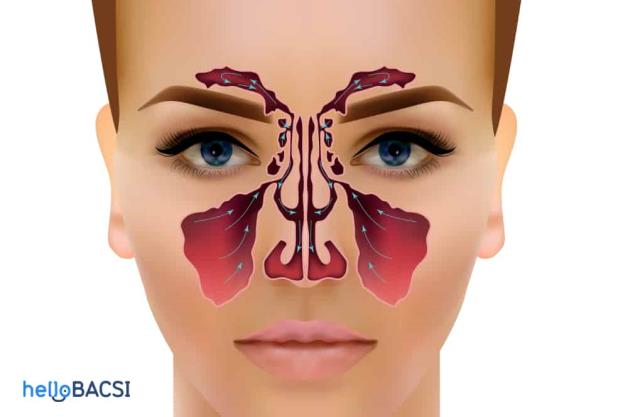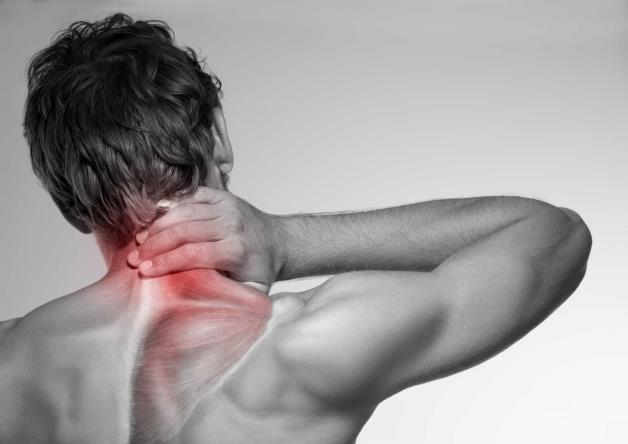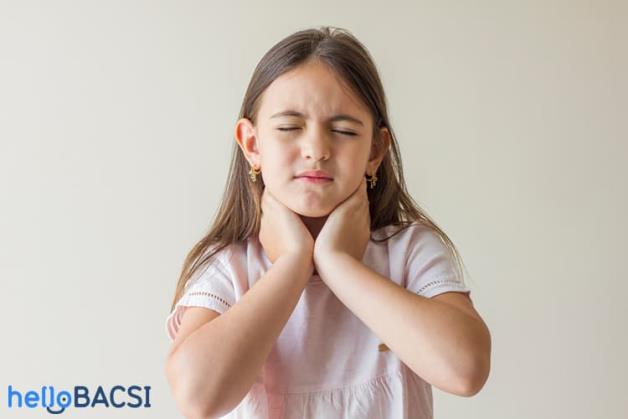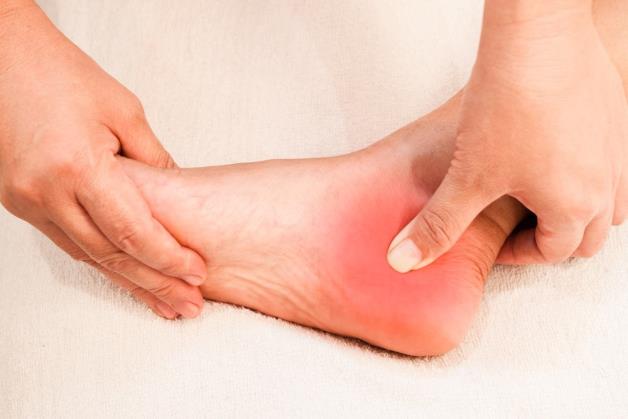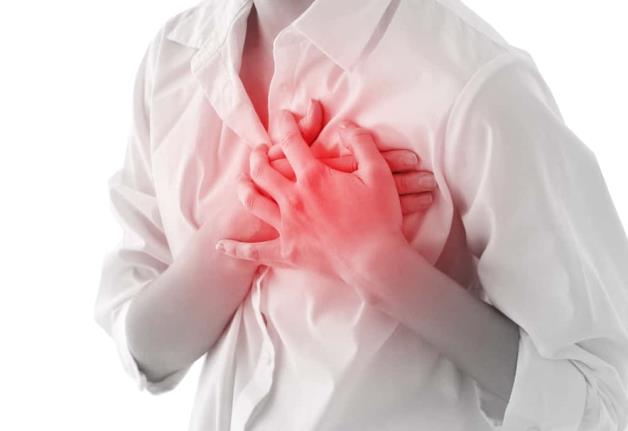Headaches in the back of the neck can occur for a variety of reasons. To determine the exact cause of the disease, the doctor needs to rely on a few accompanying symptoms, thereby developing an appropriate treatment.
Headaches can occur anywhere on the head and vary in intensity, from dull, intense to sharp pain. In particular, the condition of a headache in the back of the neck or a migraine in the back often causes many people to worry.
What causes a headache in the back of the neck?
There are many different causes of back pain. Based on the location, pattern of pain, and other symptoms you experience, your doctor will diagnose the cause of your posterior migraine so that you can prescribe the right treatment.
Headache in the back of the neck and neck pain
Arthritis
Arthritis headaches are often caused by inflammation and swelling in the neck area. When you do, you often feel severe pain in the back of your head and neck. The pain gets worse with movement. These headaches can be caused by any type of arthritis, most commonly rheumatoid arthritis and osteoarthritis.
Wrong posture
Poor posture can also cause pain in the back of the head and neck pain. When you stand, sit or work in the wrong position, the muscles in your back, shoulders and neck become tight. These problems are likely to cause headaches in the back of the neck. You will feel a dull or throbbing pain at the base of your skull.
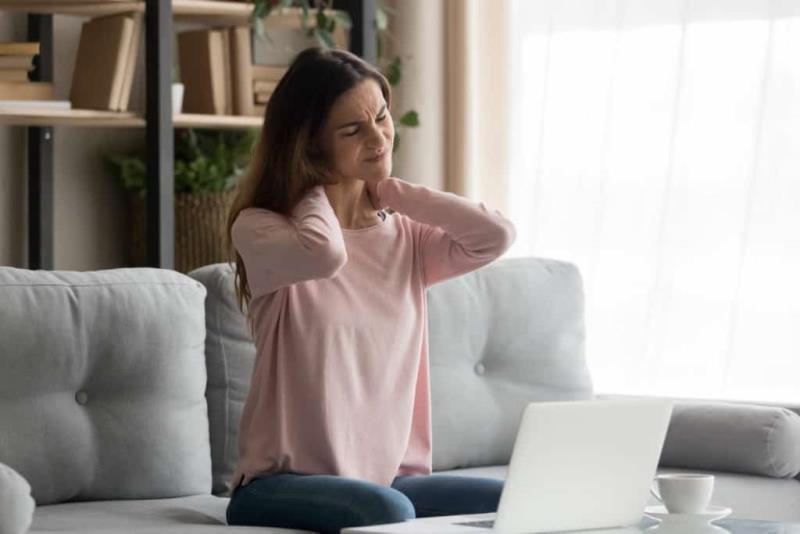
Disc herniation
A herniated disc in the cervical vertebrae can cause pain and muscle tension in the neck. This often leads to neck pain.
The pain originates in the back of the head and you will feel the headache in the back of the neck, the temple area or behind the eyes. Some other symptoms of this condition include discomfort in the shoulder or upper arm.
Neck pain is often worse when you lie down. Some people can't even sleep because of the pain. Sometimes you feel like you have a heavy rock on your head when you lie down.
Occipital neuralgia
Nerve pain occurs when the nerves connecting the spinal cord to the scalp are damaged. This condition is often confused with migraine headaches. Occipital neuralgia causes sharp, sharp pain that begins at the back of the neck and spreads to the scalp.
Other symptoms include:
- Pain behind the eye
- Feeling like being hit hard or electrocuted in the neck and back of the neck
- Sensitive to light
- Scalp stretch
- Pain when moving the neck
Headache in the back of the neck and worse when lying down
Cluster headache
Cluster headaches are rare, but they often cause severe pain. People with this type of headache often experience headaches and each episode can last for weeks or months.
Cluster headaches can also cause pain in the back of the head or on the sides. Not only that, the pain is worse when lying down.
Some other symptoms to watch for are:
- Feeling restless
- Nausea
- So hurt
- Stuffy nose
- Drooping eyelids
- Sensitive to light and sound
How to relieve a headache in the back of the neck?
Headaches are often relieved with over-the-counter pain relievers such as paracetamol. However, for the treatment to be most effective, you must find the exact cause of the headache in the back of the neck.
Treatment of posterior migraine due to arthritis
The best treatment for this case is to use anti-inflammatory drugs and apply heat to reduce inflammation.
How to reduce headaches in the back of the neck due to wrong posture
You can use paracetamol to treat a headache at the back of your neck caused by wrong posture. However, in the long run, you need to take measures to help improve posture.
Treatment of pain in the back of the head caused by a herniated disc
In this case, the treatment depends on your current health condition. Treatment options for a herniated disc include physical therapy, gentle muscle stretching, chiropractic, epidural injections for inflammation, and surgery if necessary. In addition, patients also need to maintain health through exercise.

How to relieve headache in the back of the neck caused by occipital neuralgia
Occipital neuralgia is treated with a combination of heat therapy (hot/cold), oral non-steroidal anti-inflammatory drugs (NSAIDs), physical therapy, massage, and prescription muscle relaxants. If symptoms become severe, your doctor may inject a local anesthetic into the occipital bone area for immediate pain relief.
Cluster headache treatment
The goals of cluster headache treatment are to shorten the duration of the headache, reduce the severity of the attacks, and prevent the next flare-up.
Acute treatment includes:
- Triptans: also used to treat migraines and sometimes by injection for quick relief
- Octreotide, a man-made product of the brain hormone somatostatin
- Local anesthetic
Prevention methods include:
- Corticosteroids
- Calcium channel blockers
- Melatonin
- Nerve anesthetics
In the case of an extremely severe headache, a doctor will order surgery to treat it.
When should you see a doctor?
If you have a headache in the back of your neck and have any of the following symptoms, see your doctor as soon as possible:
- New headache that lasts more than a few days
- The headache significantly interferes with your daily activities
- Headache with pain in temples
- The pain pattern has a big change
- The pain is more intense than any headache I've had before, or it's getting worse
If the headache in the back of your neck is so bad that you can't think, go to the nearest medical center for urgent care.
- Sudden personality changes, including mood swings and agitation
- Fever, stiff neck, delirium or loss of consciousness to the point of being unable to concentrate on a conversation
- Visual disturbances, slurred speech, loss of tone (including one side of the face), and numbness in any area of the body
- Severe posterior migraine after head impact
- Headache in the back of the neck that comes on suddenly
